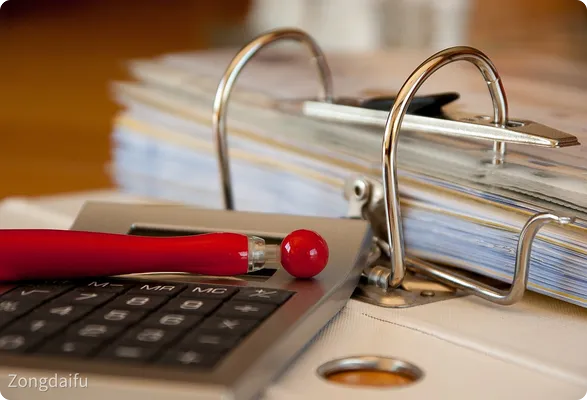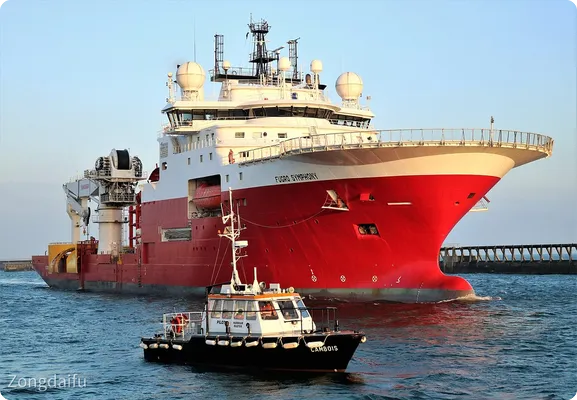In our country,Export declarationIt is an important part of the goods export process. So what documents should be prepared when declaring the export of products? What is the specific process? What points should be paid attention to? Let's solve your doubts below.

Necessary documents
Commercial documents and papers
- Commercial invoice: This is the basic document for export transactions, which records in detail the name, specifications, quantity, unit price, total price, trade terms, etc. It is not only the basis for buyers and sellers to keep accounts, but also an important reference for customs to determine the value of goods and collect tariffs.
- Packing list: clearly shows the packaging of the goods, including packaging form, quantity, specifications, as well as the gross weight and net weight of each package and the total gross weight and net weight of the entire batch of goods. Customs can use this to verify whether the actual quantity and weight of the goods are consistent with the declaration.
- Contract: Provide a trade contract signed with the buyer or seller to prove the legality and authenticity of the transaction.
- Authorization letter for customs declaration: If you entrust a customs declaration company to handle customs declaration procedures, you need to provide an authorization letter signed by the principal.
Transport related documents
- Ocean bill of lading (if shipping by sea) or air waybill (if shipping by air): Ocean bill of lading is the certificate of ownership of the goods and also the proof of the transportation contract between the carrier and the shipper; although air waybill does not represent the ownership of the goods, it is also an important document for air transportation, recording the detailed information of the goods transportation.
- Booking order: A document used by exporters or freight forwarders to book shipping space with transport agencies. It contains basic information about the goods, transport requirements and estimated date of transport, and is an important basis for arranging cargo transportation.
Official regulatory documents
- Export goods declaration form: This is the core document for customs declaration, and the name, specifications, quantity, value, country of origin, trade method, etc. of the goods must be accurately filled in. The accuracy of filling directly affects the customs review and the customs clearance speed of the goods.
- Export foreign exchange verification form (applicable in some cases): used to supervise the export foreign exchange receipts of enterprises and ensure that foreign exchange is promptly and fully recovered in China. After the goods are exported, enterprises need to go to the foreign exchange management department to handle the foreign exchange verification procedures with this form and related documents.
- Various licenses and approvals: For commodities that are restricted for export by the state, such as rare metals, cultural relics, and medicines, an export license or approval document issued by the relevant department must be provided, otherwise the goods cannot be declared for export normally.
- Inspection and Quarantine Certificate: Depending on the nature of the goods and relevant regulations, some goods must undergo inspection and quarantine by an inspection and quarantine agency before export, and obtain quality certificates, health certificates, animal and plant quarantine certificates, etc. to prove that the goods meet relevant standards and requirements.

Export customs declaration process
declare
After the goods arrive at the customs supervision area and 24 hours before loading, the exporting enterprise or its agent shall send electronic customs declaration data to the customs through the China Electronic Port System or customs declaration software, and submit paper customs declaration form and accompanying documents. When declaring, it is necessary to ensure that the data is accurate and complete and complies with the format and requirements of the customs.
Inspection
Customs will inspect the declared goods according to certain ratios and rules. Inspection methods include thorough inspection and random inspection. Customs may unpack, weigh, measure the size of the goods, etc. to verify whether the actual situation of the goods is consistent with the declared content. During the inspection process, enterprises need to cooperate with customs and provide necessary assistance.
tax
If the goods are taxable goods, the customs will calculate the duties, value-added tax, consumption tax and other taxes payable according to the relevant tariffs and tax rates. The enterprise must pay the taxes and fees through the designated bank within the specified time, and the customs will issue a tax payment certificate after the payment is completed.
Release
After declaration, inspection, taxation and other procedures, the customs will release the goods. Release means that the goods can be shipped or continue to be transported. For goods that require customs supervision and transportation, the corresponding supervision and transportation procedures must be completed.

Reminders for customs declaration
Document accuracy
All submitted documents must be accurate, clear, and consistent. Any errors or omissions in documents may result in customs clearance delays or even failure to clear customs. Enterprises should carefully check the document information to ensure that it meets customs requirements.
Compliance Operations
Strictly abide by the relevant laws and regulations of the country and the supervision regulations of the customs, declare the goods truthfully, and do not conceal, falsely report or make false reports. For goods involving special supervision requirements such as licenses, inspection and quarantine, relevant procedures must be completed in advance.
Policy Tracking
Customs declaration policies and requirements may be adjusted as national economic conditions, trade policies and other factors change. Enterprises should pay close attention to the latest policy information released by the customs in order to prepare corresponding countermeasures.
Professional Selection
Enterprises can choose to do customs declaration by themselves or entrust a professional customs broker to do customs declaration according to their own situation. Self-declaration requires enterprises to have professional customs brokers and relevant knowledge; entrusting a customs broker to do customs declaration can improve customs declaration efficiency and accuracy with the help of its professional experience and resources, but it is necessary to choose a customs broker with good reputation and qualified qualifications.
In short, understanding the documents, processes and key points of export declaration is crucial for export enterprises to conduct business smoothly. Only by making full preparations and complying with regulations can we ensure that the goods are exported on time and smoothly.


 Follow customer service WeChat
Follow customer service WeChat